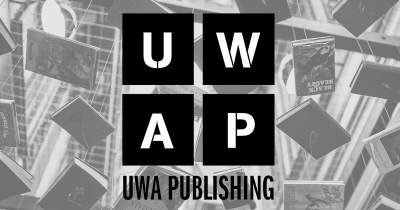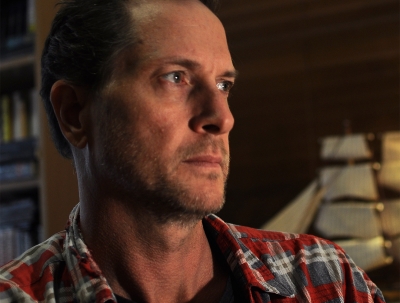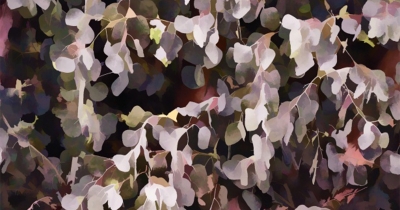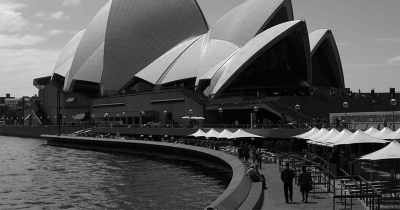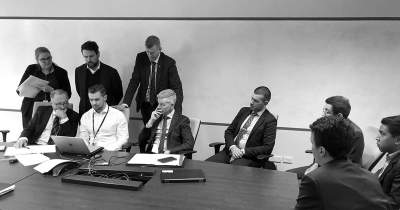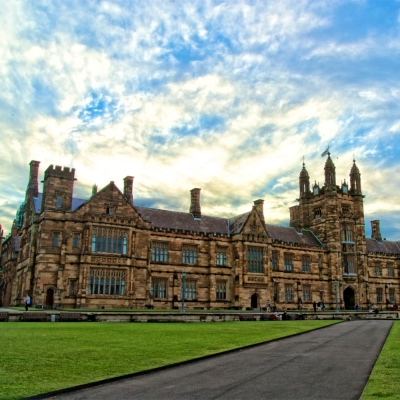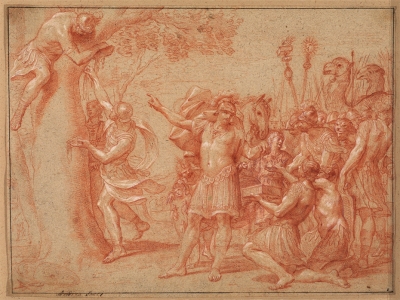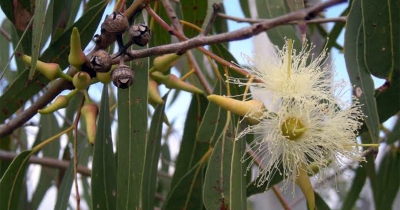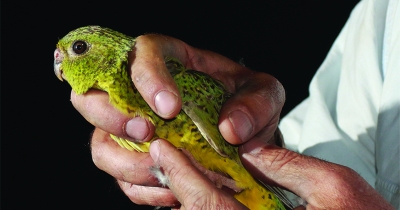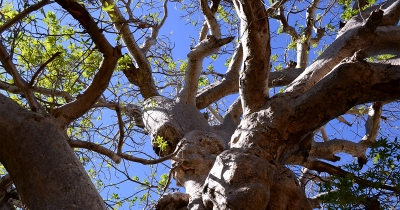Commentary
Word gets around quickly. Within a week of the University of Western Australia announcing the closure of UWA Publishing after eighty-five years, and the peremptory sacking of its staff, a petition had gathered almost 10,000 signatures. This is nothing new. Proposals to close UWAP in 1973, 1990, and 1996 were soundly defeated, after being robustly debated at UWA’s Academic Board, Convocation (alumni), and Senate. This rescued UWA from vociferous criticism voiced nationally and internationally.
... (read more)Andrew McGahan’s first novel, Praise (1992), concludes with its narrator, Gordon Buchanan, deciding – perhaps accepting is a better word – that he will live a life of contemplation. This final revelation is significantly ambivalent. The unresponsive persona Gordon has assumed throughout the novel is something of an affectation. On one level, he is playing the stereotypical role of the inarticulate Australian male, but his blank façade is also defensive; it is a cover for his sensitivity. For Gordon, life is less overwhelming in a practical sense than in an emotional sense. His true feelings are a garden concreted over for ease of maintenance. He feels that the defining quality of human relationships is doubt, and this doubt confounds expression. ‘I’m never certain of anything I feel about a person,’ he says, ‘and talking about it simplifies it all so brutally. It’s easier to keep quiet. To act what you feel. Actions are softer. They can be interpreted in lots of different ways, and emotions should be interpreted in lots of different ways.’
... (read more)Sidney (Sid) J. Baker (1912–76) is undoubtedly one of the most influential figures in the history of Australian slang lexicography. Born in New Zealand, Baker worked in Australia as a journalist, writing for publications such as ABC Weekly, The Daily Telegraph, and The Sydney Morning Herald. He was also the author of a number of books about Australian slang, one of which is A Popular Dictionary of Australian Slang (1941).
... (read more)The recent speech by young Swedish climate-change activist Greta Thunberg has provoked much comment and controversy. It also caused me to ponder the future of our planet and how our cultural lives will be affected by the environmental changes that will inevitably take place by the middle of the twenty-first century ...
... (read more)It is a famous parable. If a frog is dropped in boiling water, it will immediately leap out. But if placed in tepid water that is gradually heated, the frog will not notice the increasing temperature until it is boiled alive. The parable may be biologically inaccurate, but it remains instructive in the context of civil liberties ...
... (read more)ASAL protests the non-appointment of the University of Sydney Chair of Australian Literature
As the largest and one of the oldest literary associations in Australia, and the peak body representing Australian literary studies, the Association for the Study of Australian Literature (ASAL) joins with its affiliated Associations in expressing the gravest possible concern about the non-appointment of the Chair of Australian Literature at the University of Sydney following Professor Robert Dixon’s retirement this year.
... (read more)It is easy to overlook that nature itself has a history – or at least our thinking about it does. In the years since Henry Thoreau initiated the modern genre of return-to-nature literature in Walden (1854), his autobiographical account of a two-year stint in the woods, the view that the natural world is a sphere apart – a realm untouched by human interv ...
The Australian outback has long been a muse for artists and storytellers. Australian flora – including the iconic eucalypt in its many forms – has the ability to tell a story about cultural identity and our rich history with the land. This extends to our urban landscape, with native plants common throughout our bustling city streets and parks – they can transf ...
If you google the words ‘Night Parrot’, they come up with a companion set of adjectives, the most common being ‘elusive’, followed by ‘mysterious’, ‘secretive’, ‘enigmatic’, ‘mythical’, and, until recently, ‘thought-to-be-extinct’. Apart from anecdotal claims, there were no confirmed sightings of the Night Parrot from 1912, when one was captured and shot, until a dead parrot was found by a roadside in 1990 and a live bird was photographed by naturalist John Young in Western Queensland in 2013. Controversy, compromised reputations, and accusations of faked evidence followed the re-emergence
... (read more)
At first I can’t make out the inscription, even though I’m searching for it. Smooth new bark has grown into the cuts, bulging around the incision, preserving the words on the trunk. I run my hand across the surface, tracing the grooves, feeling the letters: R-E-T-R-I-B-U-T-I-O-N. And below, in slightly larger hand, ‘CAMP’ ...
... (read more)
